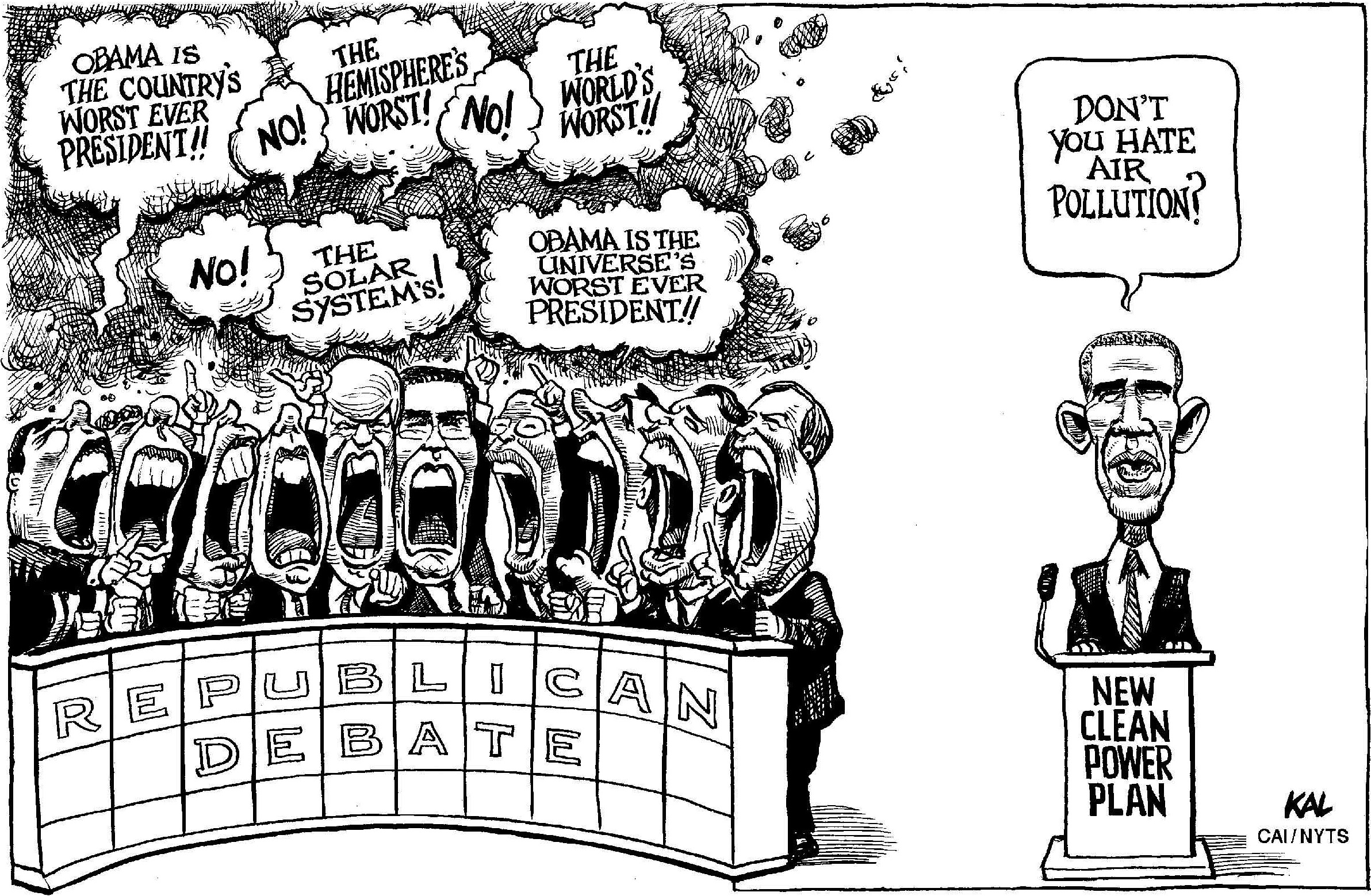On climate change, we need to go beyond the tired storyline of "deniers" versus the "scientific consensus." Until it's discredited by falling temperatures, global warming is a reality. We can still debate how much has occurred and the share attributable to human activity, but the more relevant question is what — if anything — can be done about it. President Barack Obama's plan to cut greenhouse gas emissions from electric power plants, accounting for roughly one-third of U.S. greenhouse emissions, shows the practical limits in a democratic society.
Let's assume, for simplicity's sake, that the plan works perfectly. It achieves its goal of reducing CO2 emissions from power plants in 2030 by 32 percent from a base year of 2005. Other problems fade. Court challenges to the regulations are rejected. The expansion of solar and wind generation does not lead to less reliable electricity supplies. Greater efficiencies and cheap natural gas avoid sizable consumer rate increases.
Even under these favorable assumptions, Obama's plan won't immediately depress global temperatures, which — if the logic of climate change holds — will be higher in 2030 than today.



